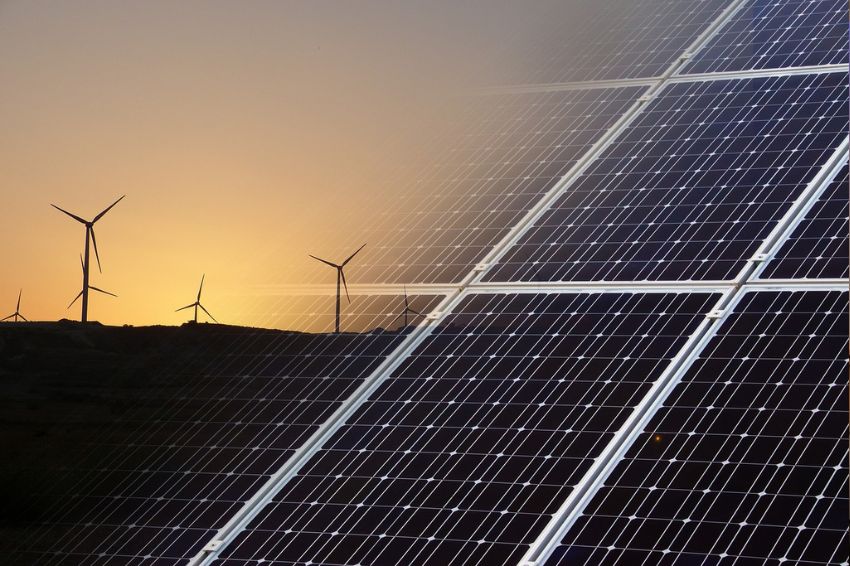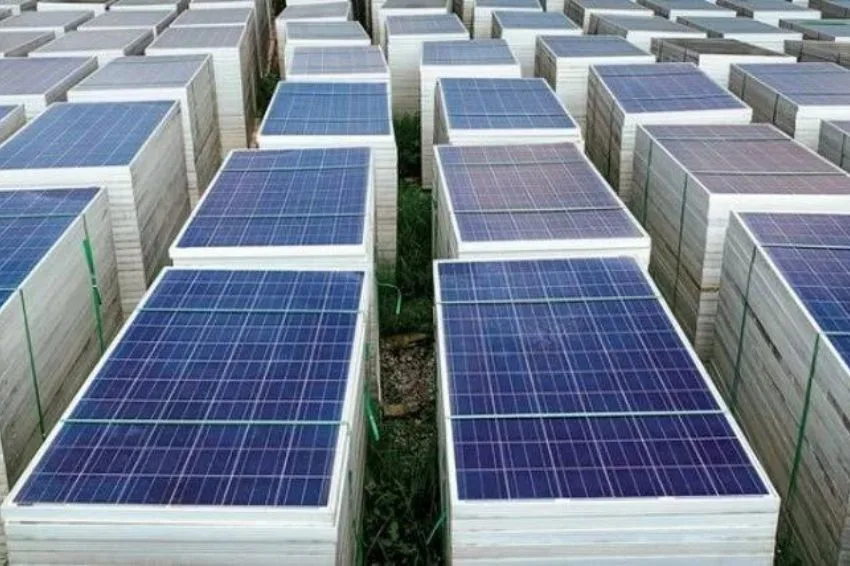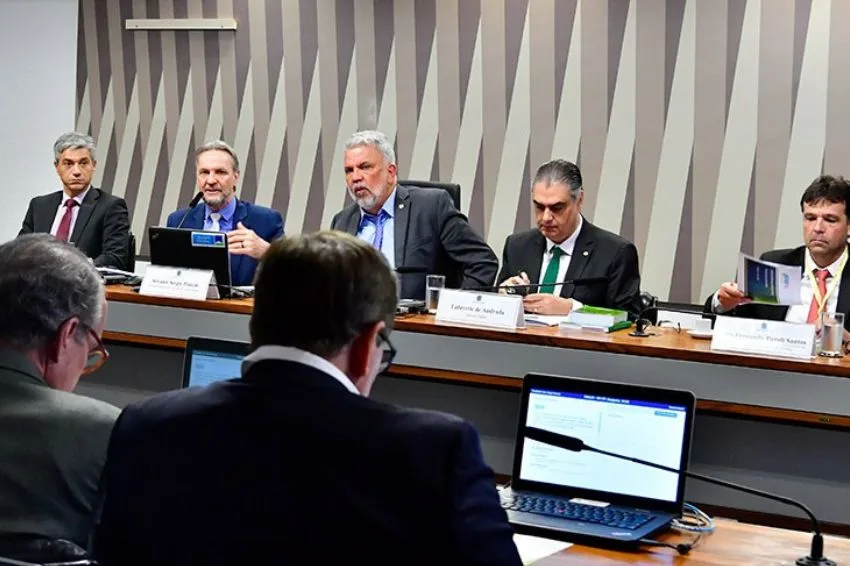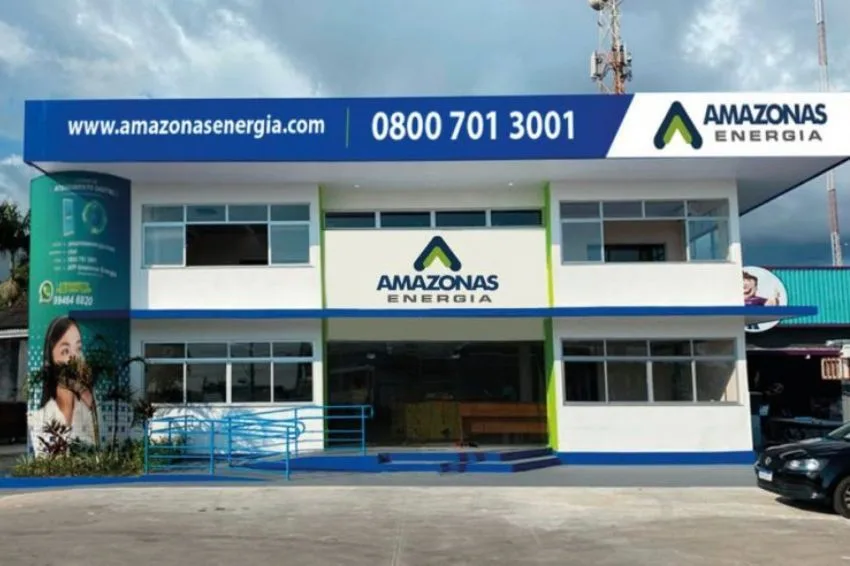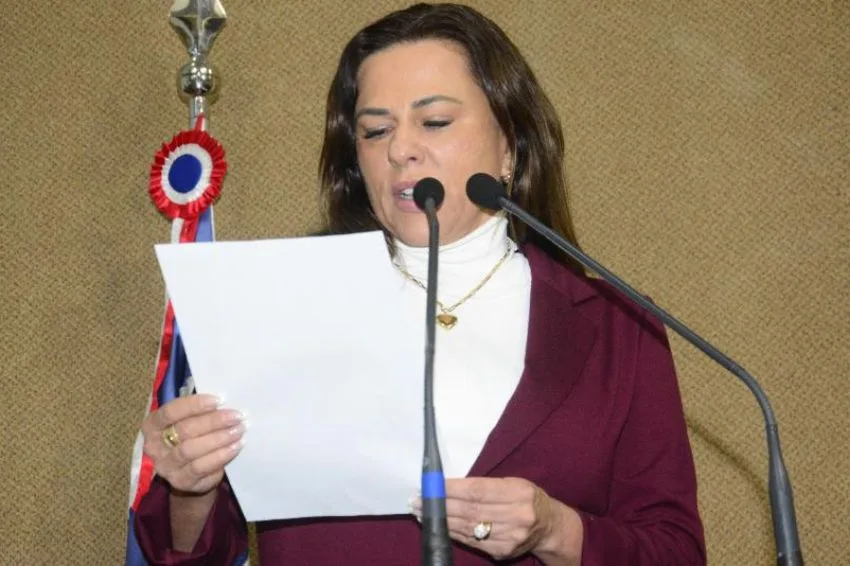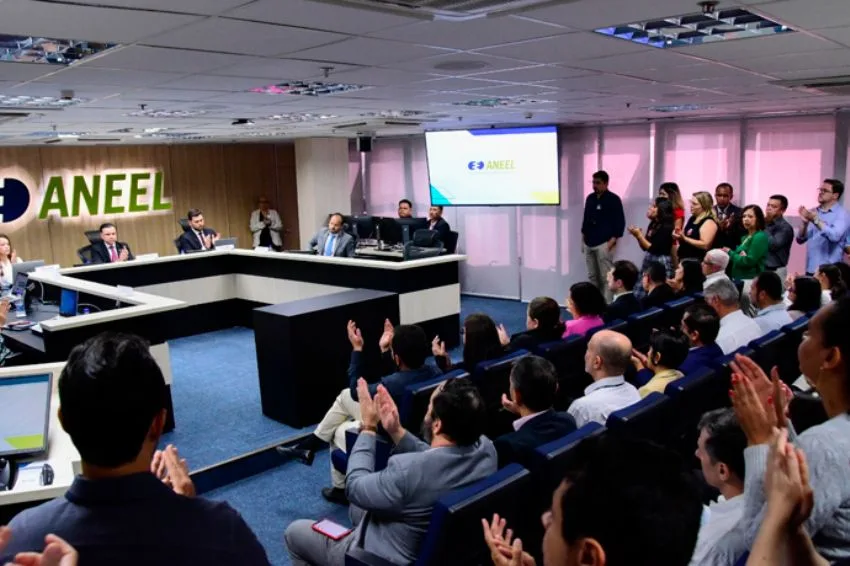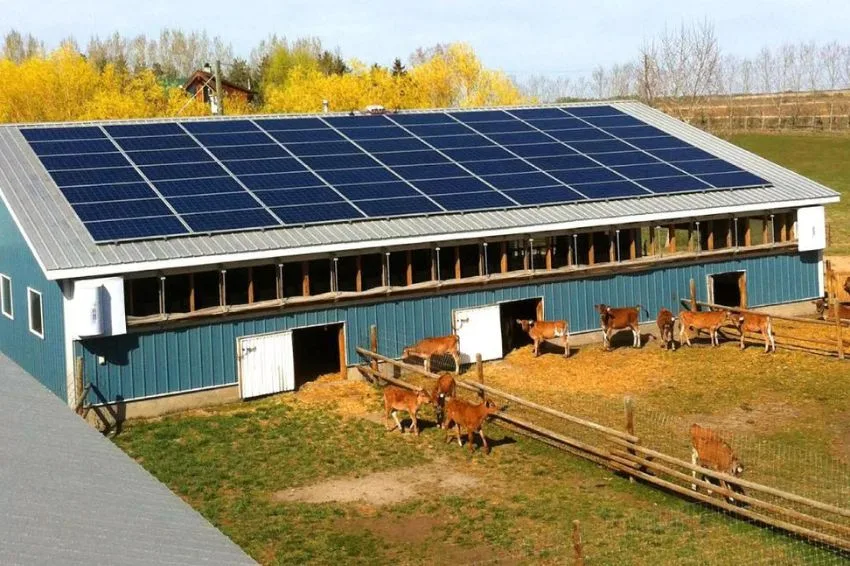O Bill 11,247/18, which creates the legal framework for offshore wind farms, was approved last Wednesday (29/11) by the Chamber of Deputies and now goes to the Federal Senate.
The text proposes extend by another 36 months the deadline for Prohibited in operation of renewable sources, maintaining the 50% discount from TUST (Tariff for Use of the Transmission System).
To understand the story, you need to remember some facts. In March 2021, the Law 14,120/2021, which put an end to the TUST discount. This law established that projects that requested a grant until March 2022 would continue with a TUST discount until the end of the grant period (generally 35 years).
To guarantee this benefit, projects must begin operating all generating units within a period of up to 48 months (four years), counting from the date of grant.
Second Guilherme Camargo, regulatory analyst at trader Simple Energy, the offshore wind law adds another 36 months to this deadline.
Therefore, if PL 11,247/18 is sanctioned with this wording, entrepreneurs will have up to seven years to complete the operation of their projects, guaranteeing the wire discount.
“That for wind and solar is the main benefit. Entrepreneurs are often unable to raise funds during this period or there is no demand. This way, he will have seven years to develop the project until he obtains a long-term PPA that makes financing viable, and then build the plant”, said the expert.
The only exception to Law 14,120/2021 was for small hydroelectric plants. In this case, plants with power up to 30 MW would have the discounts maintained in TUST's 50%, as long as they obtained the grant within five years from the publication of the law. From the 6th to the 10th year, this discount drops to 25% and, from the 11th year onwards, the projects would no longer have the benefit.
Camargo explained that the offshore law also modifies this section, extending the PCHs rule to biomass, biogas, biomethane and urban solid waste projects with installed power of up to 30 MW.
The wind farm bill also raised other topics, such as what extends coal-fired power plant contracts until December 31, 2050, for projects that had contracts in force on December 31, 2022. The measure was heavily criticized for going against the energy transition process.
The wind energy law also changes law 14,182/2021, known as the Eletrobras privatization law, modifying the way in which a set of natural gas thermal plants are contracted. Previously, it was planned to contract 8 GW, and the offshore law reduces this amount to 4.9 GW.
However, also changes the way gas is contracted, which will be by state public call, and defines in which regions and states these 4.9 GW should be contracted. The purpose of this device is use the electricity sector to develop the gas pipeline network in states that do not have this infrastructure.
The Eletrobras Law allowed the discounting of plants, authorizing the company to sell energy at market price. However, part of the profit obtained (50%) must be allocated to the amortization of the CDE (Energy Development Account).
The law on offshore wind farms determines that these resources must be used to pay the Covid Account and the Water Scarcity Account.
The wind energy law also defines that part of these resources allocated in sectoral funds by Eletrobras can be used to reduce tariff impacts, in cases where tariff adjustments are greater than 15%.
Bill 11,247/18 still needs to go through consideration by the Federal Senate before going to presidential sanction.


